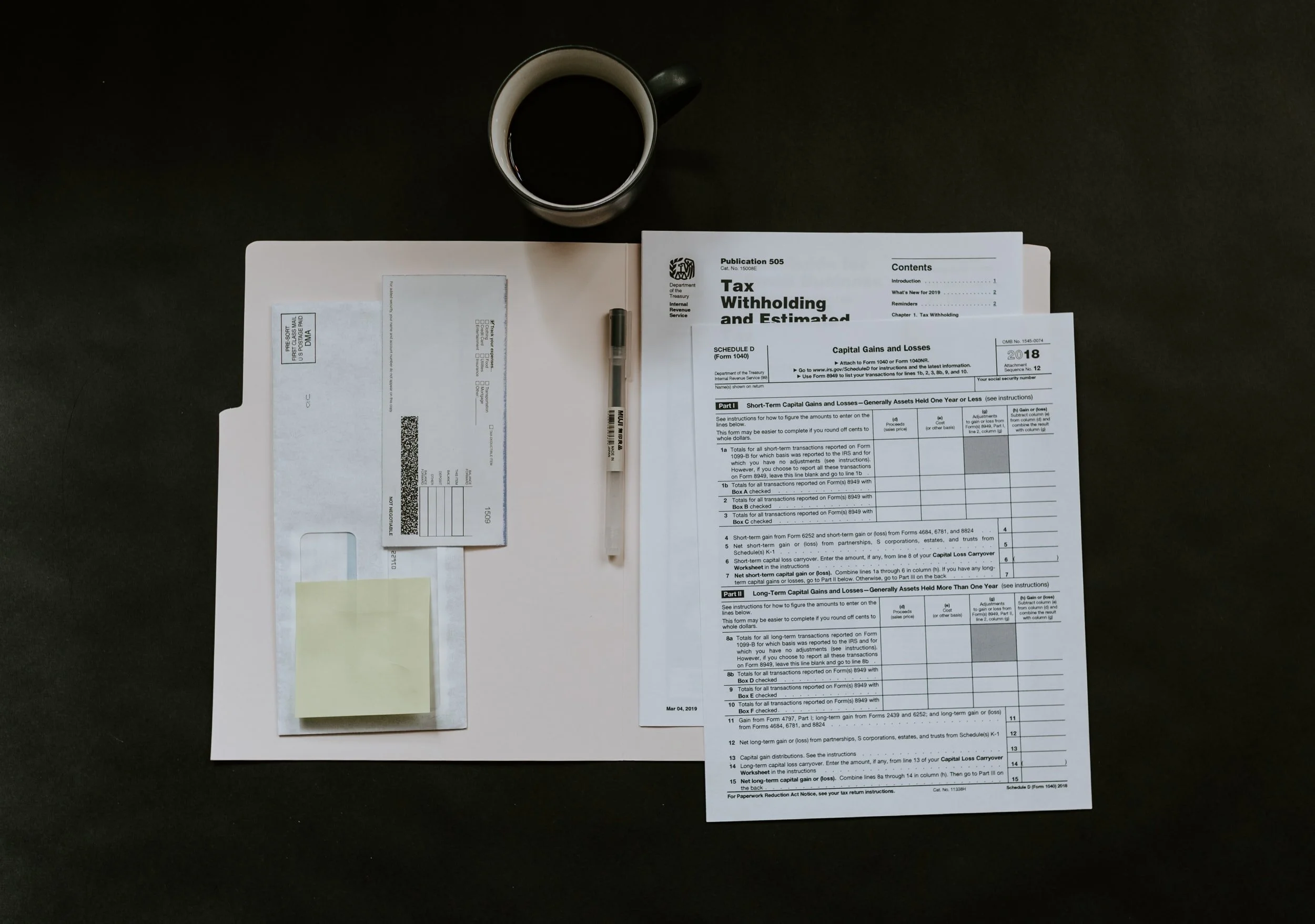Washington State Capital Gains Tax Changes (Updated for 2023)
The tax planning landscape is ever-changing, and here in Washington state, there is even more change ahead. In a bill backed by Governor Jay Inslee in 2021, we find a capital gains tax rate in Washington State which applies to gains (profits made from investments) above a specified threshold, in addition to the Federal capital gains rates. Initially when introduced in early 2021, the bill proposed an additional 9% tax to tack on to the current federal tax to help pay for a proposed state operating budget. In late April 2021, the bill passed with an adjusted 7% tax rate.
As to be expected, this bill received some pushback. In 2022, the bill was challenged as being unconstitutional. A judge overturned the new capital gains tax as implemented, ruling that the tax was, in fact, on income and a violation of the state of Washington’s constitution. In January of 2023, it was sent to the state of Washington’s Supreme Court. In March of 2023, the bill was upheld by a majority vote in the Washington State Supreme Court and is now law. The challenge now is that many find themselves in a state of confusion about who, when, and how this may impact consumers, especially when filing taxes.
Are you prepared for upcoming tax changes?
To determine your income tax rate, deductions, contribution limits, and more, click below to claim your FREE Tax Table!
Potential Tax Impacts for the Washington State Capital Gains Changes
Typically, when these types of tax changes do go into effect, they may be approved ahead of time with the new laws taking place in the year to follow. The capital gains tax applies for Washington State residents on transactions that took place from 2022 and onward, with 2022 transaction taxes to be paid in April of 2023. For non-residents, the tax applies to certain transactions that took place within the state of Washington from 2022 and onward. This tax is owed by the April deadline regardless of whether you may be filing an extension or not and comes with a much steeper late penalty than the federal penalty we may be used to.
The tax would be applied to gains above a certain threshold based on your filing status and, if applicable, applies an additional 7% tax (vs. the original 9% proposed back in 2021) on capital gains above $250,000 for individuals and couples. For now, the tax excludes real estate, qualified small businesses with under $10M in revenue, and retirement accounts.
In our state specifically, we have many employees in the tech space where a lot of compensation is paid in the form of company stock. As you might imagine, this capital gains bill may impact many in our state with gains that meet the $250,000 threshold, and those who have business interests above the $10M revenue threshold. It may also be likely we see the threshold decreased or the exclusion list shortened over time so it will be important to closely watch future changes to the bill.
Did you know taxes are one of the largest retirement expenses?
Request your free copy of Retire by Design by Brandon Steele, CFP® to learn how to prepare for tax expenses in retirement!
What to Consider if the Washington State Capital Gains Tax Affects You
In general, if you find yourself in a position where this capital gains tax will impact you, it is more important than ever to have a holistic approach around investment and tax planning to avoid any unnecessary taxes. For those selling assets, if it makes sense for the bigger picture, you may consider spreading out sales over several years to reduce your total tax bill. There are also qualified charitable donations that may allow you to offset a portion of your gains above the $250k threshold.
Some might be concerned with the Washington State capital gains tax for real estate, however this particular bill excludes real estate. That said in certain situations, if you plan to sell real estate holdings, it might be wise to consider exploring 1031 exchange options or other strategies to prepare for any potential future tax changes beyond this particular bill. It is worth considering potential federal tax law changes with real estate, as well.
The Washington State Capital Gains Tax Bill is now here to stay.
It is very likely we see adjustments to how this tax is applied over time but, for now, we do have some clarity finally on the current state of the Washington State capital gains tax. From a consumer perspective, now more than ever it is important to have a holistic approach to your investment and tax planning. If you have any questions about how the Washington State Capital Gains Tax will impact you and your situation, please do not hesitate to reach out to us today.
Mainsail Financial Group does not provide legal or tax advice. You should consult a legal or tax professional regarding your individual situation. This blog post was initially posted on February 25, 2021. It has since been updated to reflect the most recent changes.

